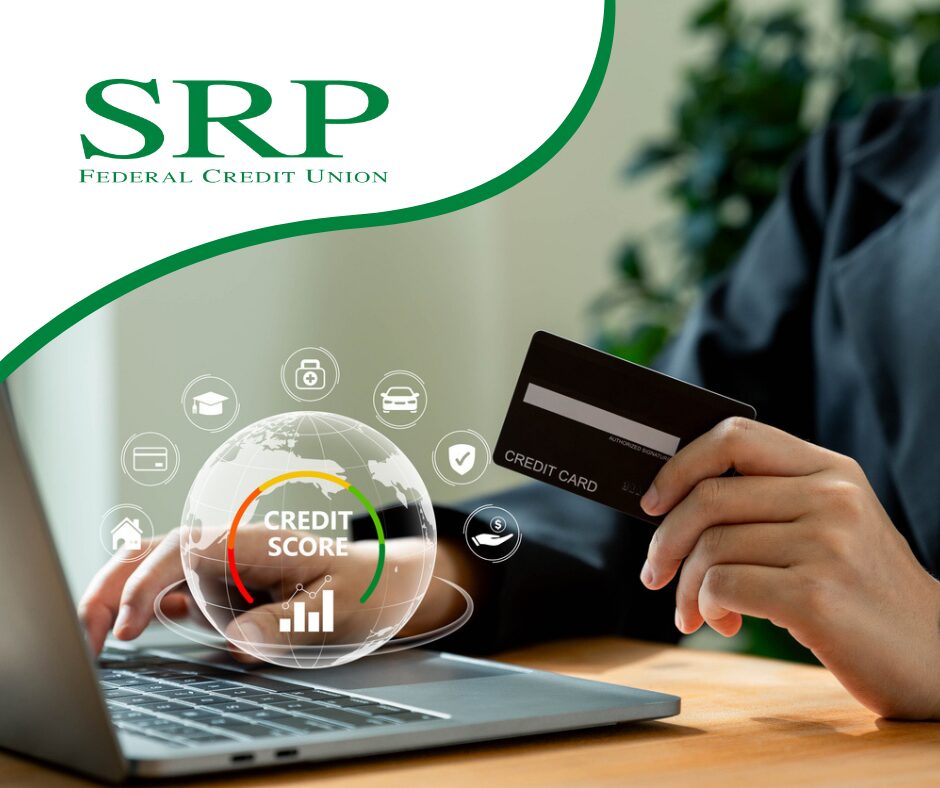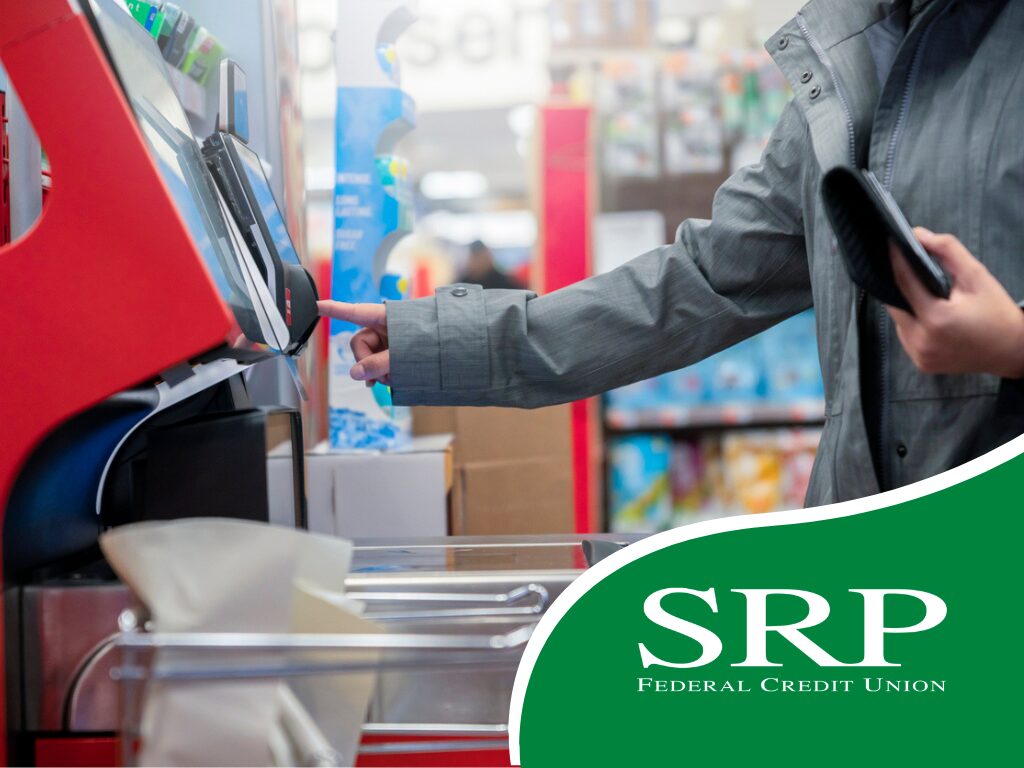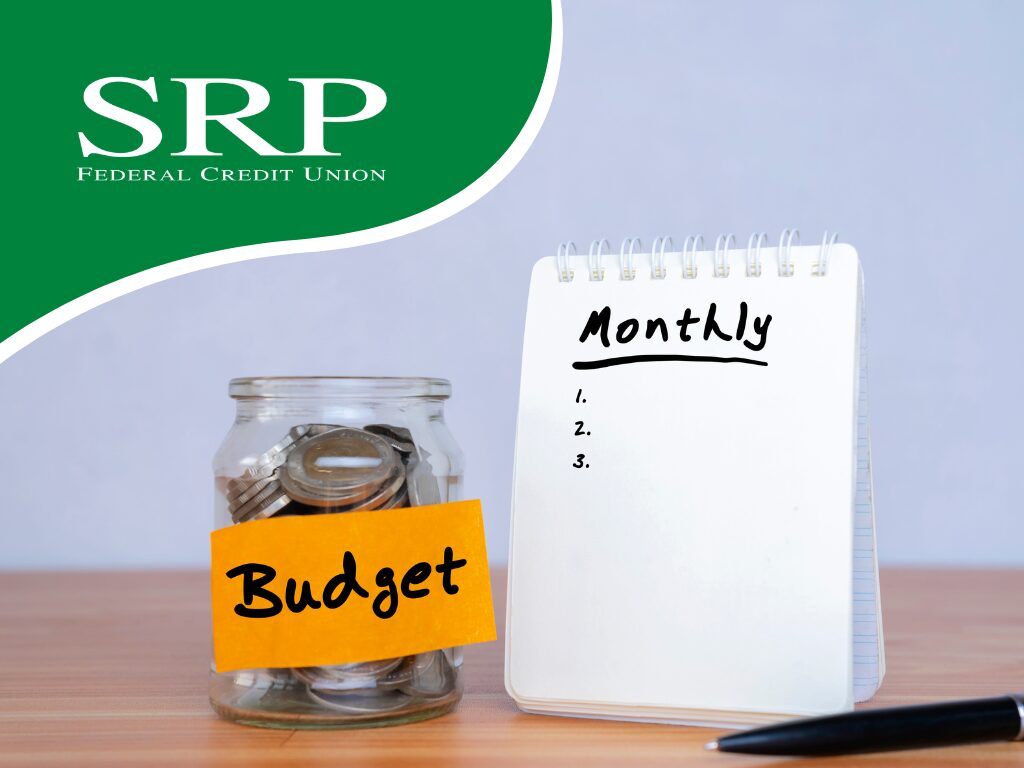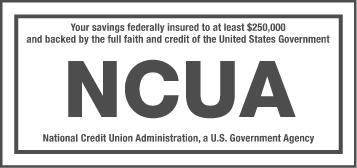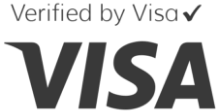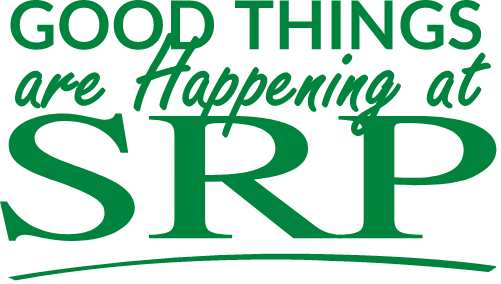
Keeping your credit score aloft
posted on
February 20, 2026
You’ve done all the right things. You’ve made your payments on time for all your obligations. Your balances are low on revolving accounts. You’ve diversified your credit, limited your applications for new credit, and kept old unsecured debt accounts open.
As a result, your credit score is in a solid place. The question now is how to keep it there. The good news is that because of the work you’ve already done; the main task is to stay the course.
While sticking to the fundamentals is the most crucial part of keeping your credit score high, there are a few external and internal factors to watch out for. Like flying a small aircraft, once you’ve got the basics down, the main priorities are to keep an eye on your gauges and look out for the unexpected.
Utilize credit monitoring
From financial institutions to credit card providers to money management websites, there are several different sources for credit monitoring. You can likely even find a service that will let you track your score for free. With that being the case, monitoring your credit rating is a good idea.
The idea isn’t to obsess over your score, though. Once you’ve built up your score, credit monitoring’s most significant value might be in its ability to alert you to unexpected information that is finding its way into your credit reports.
Most of the time, erroneous data in your credit file comes from honest mistakes, whether that’s information being incorrectly processed somewhere along the line or someone else’s file being confused for yours. These mistakes can impact your score, so if you get an update from a credit monitoring service that looks fishy, it’s crucial to review your reports immediately. If your credit monitoring service provides you free access to your reports, take advantage of it. You can also access your credit reports for free once a year by visiting AnnualCreditReport.com or calling 877-322-8228.
Once you’ve pinpointed the incorrect information hitting your credit file, your next step is to dispute the falsehoods being reported on your behalf. When you dispute information in your credit reports, you’re essentially requiring the company reporting it to the bureaus to prove that the data they’re showing for you is legitimate. If they can’t prove it belongs to you, they must remove it from your reports.
You can complete disputes for each of the three major credit bureaus at:
Sometimes, unfamiliar data can show up in your file because someone is fraudulently accessing your existing accounts or stealing your identity to open new accounts. If that’s the case, it’s wise to file disputes for all information in your credit files you believe was not your doing. It’s a good idea to also:
- Start a file containing all the information related to your identity theft and your efforts to resolve it
- Check all your accounts for evidence of fraudulent use
- Contact all companies you have accounts with to let them know about the situation
- For any accounts that have been fraudulently opened or used, demand the company involved provide documentation about the account opening or activity in question.
- File a report with your local police about the crime
- Place a fraud alert with each of the three credit bureaus listed above
- Order the additional free credit reports you are entitled to from the credit bureaus as a victim of identity theft
- Consider putting a freeze on your files at the credit bureau websites, creating a barrier for anyone trying to open new accounts using your information
- Run a virus scan on your computers
- File a complaint with the Federal Trade Commission at FTC.gov
- If you have identity theft insurance, file a claim
- Change all account passwords
Build your emergency savings
Talking about savings might seem like a non-sequitur, given that we’re discussing credit reports and scores. However, with on-time payment history being the single-largest component of your score, it’s wise to think ahead.
You might be chugging right along now, stacking up timely payment after timely payment. But this is a good time to heed the old saying that the only constant is change. If a significant financial challenge were to come your way, would you still be able to keep up on all your obligations?
Having six months of your regular income in an emergency savings can help you keep your payment history rock solid no matter what life throws at you.
Don’t obsess
It’s easy to get sucked into the quest to see your credit score reach the 800-level. And once it’s there, you may want to squeeze out a few more points because your neighbor told you he has an 815 score. But the reality is that you’re not changing anything. The cutoff for where lenders typically start handing out their best deals is around 750-780. To borrow another old saying, anything above that is gilding the lily.
If you become preoccupied with achieving the highest score possible, you may do more harm than good for yourself. For example, suppose you refuse to use one of your older credit cards because you want to keep your usage percentage low. In that case, the credit card issuer may close the account due to inactivity, potentially hurting your score by lowering the average age of your open accounts.
If you’ve done the work to elevate your score to lofty heights, it’s time to relax and enjoy the fruits of your labor: The financial rewards that come with good credit. So, yes, keep an eye on your score, but try not to let it become a point of worry. It’s just not worth it.
This article is for informational purposes only and is not intended to provide tax, legal, or accounting advice. You should consult your own tax, legal, and accounting advisors for advice. Membership required. SRP is federally insured by NCUA.
Article Credit: BALANCE

